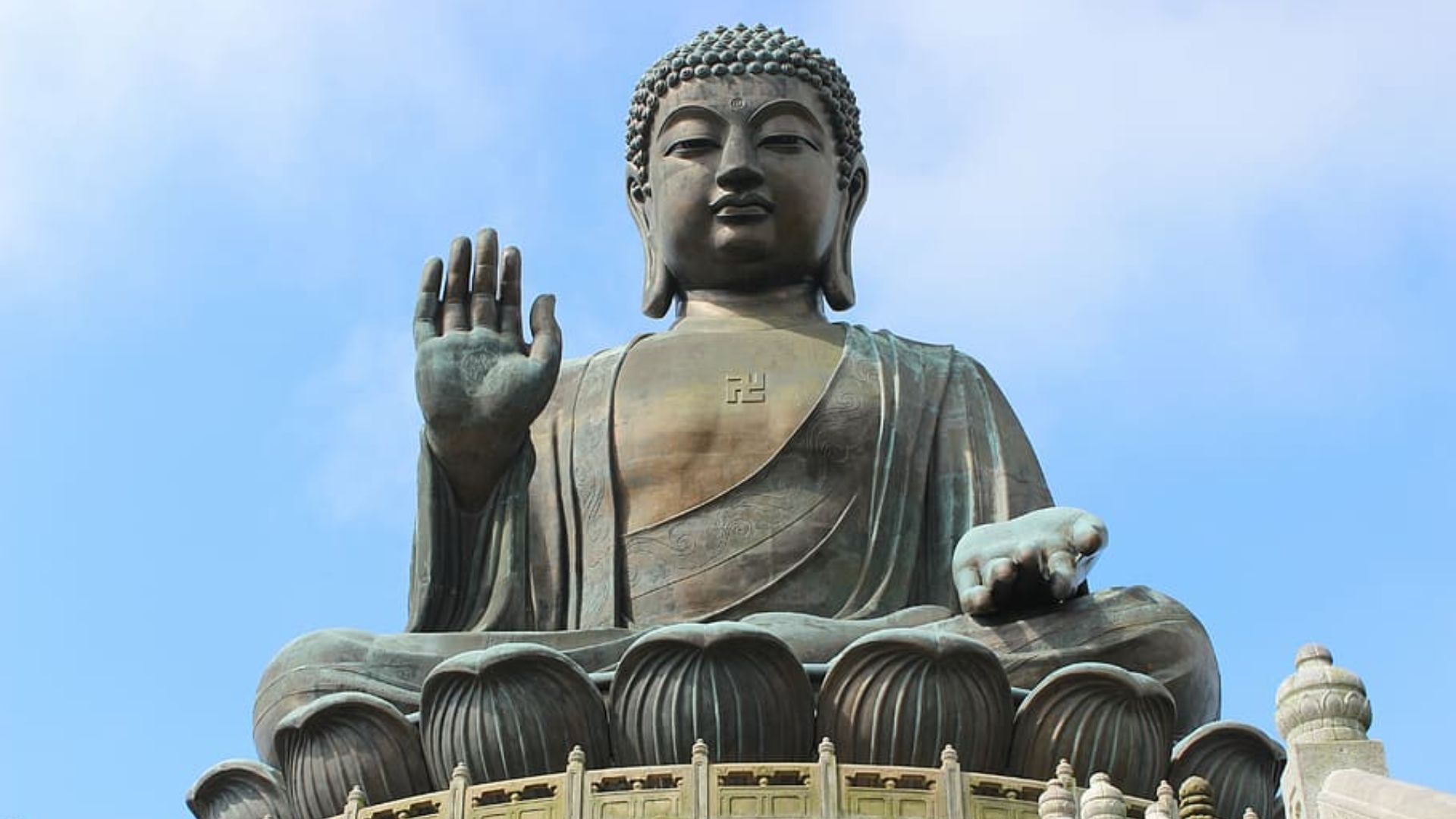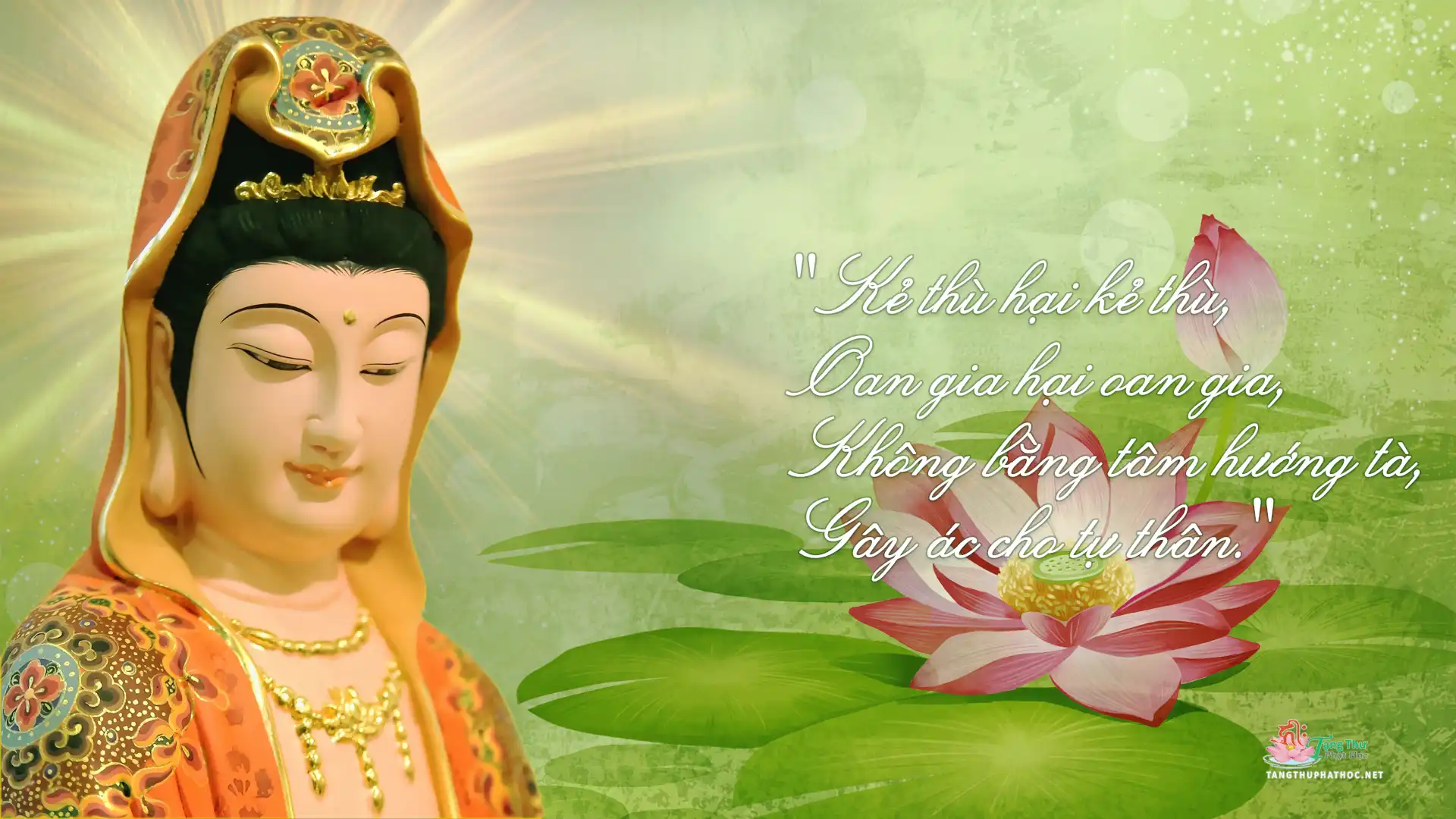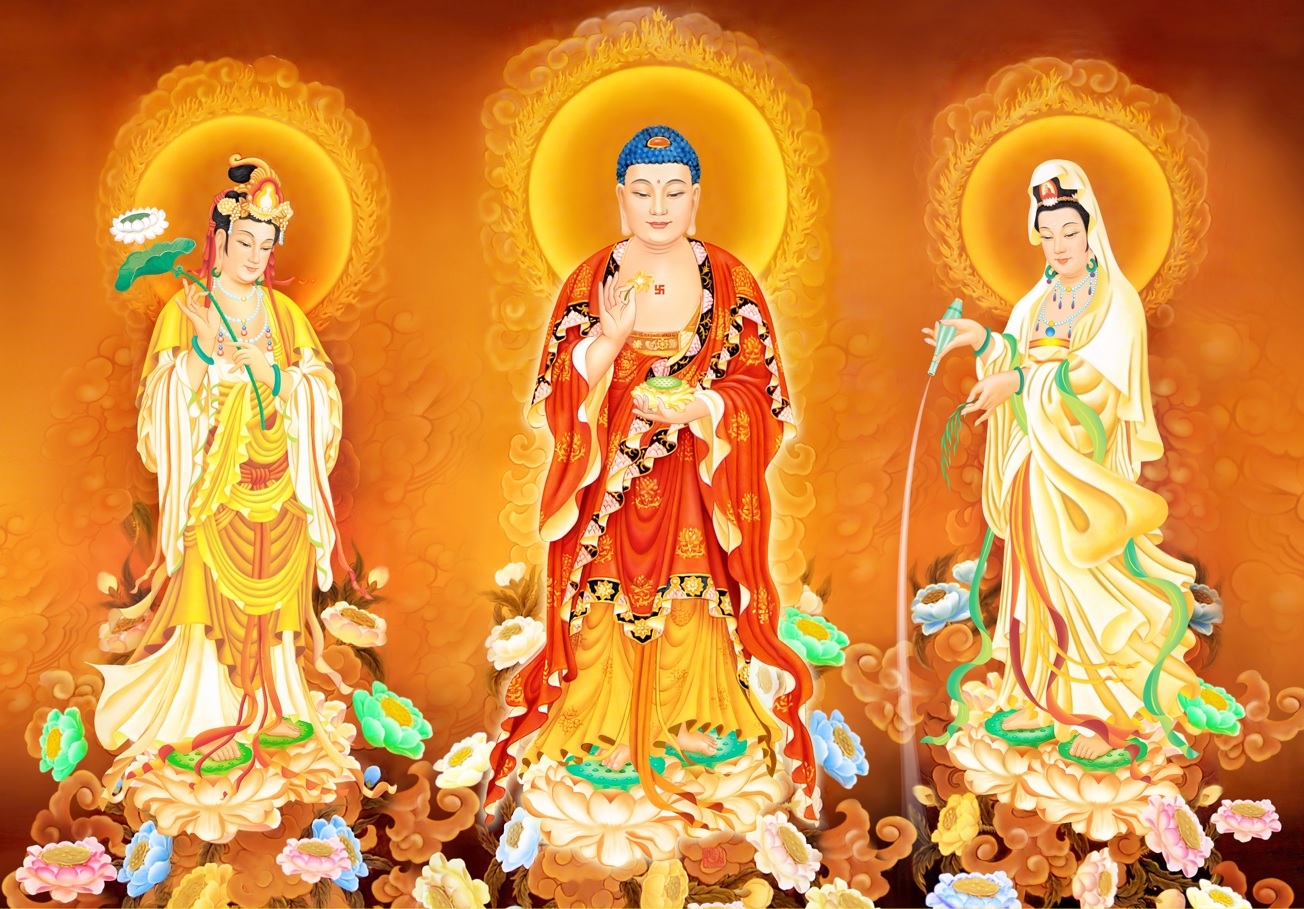Suda Sutta
The Cook
Translated from the Pali by Thanissaro Bhikkhu
“Suppose that there is a foolish, inexperienced, unskillful cook who has presented a king or a king’s minister with various kinds of curry: mainly sour, mainly bitter, mainly peppery, mainly sweet, alkaline or non-alkaline, salty or non-salty. He does not take note of (lit: pick up on the theme of) his master, thinking, ‘Today my master likes this curry, or he reaches out for that curry, or he takes a lot of this curry, or he praises that curry. Today my master likes mainly sour curry… Today my master likes mainly bitter curry… mainly peppery curry… mainly sweet curry… alkaline curry… non-alkaline curry… salty curry… Today my master likes non-salty curry, or he reaches out for non-salty curry, or he takes a lot of non-salty curry, or he praises non-salty curry.’ As a result, he is not rewarded with clothing or wages or gifts. Why is that? Because the foolish, inexperienced, unskillful cook does not pick up on the theme of his own master.
“In the same way, there are cases where a foolish, inexperienced, unskillful monk remains focused on the body in and of itself — ardent, alert, and mindful — putting aside greed and distress with reference to the world. As he remains thus focused on the body in and of itself, his mind does not become concentrated; his defilements [the five Hindrances] are not abandoned. He does not take note of that fact (does not pick up on that theme). He remains focused on feelings in and of themselves… the mind in and of itself… mental qualities in and of themselves — ardent, alert, and mindful — putting aside greed and distress with reference to the world. As he remains thus focused on mental qualities in and of themselves, his mind does not become concentrated his defilements are not abandoned. He does not take note of that fact. As a result, he is not rewarded with a pleasant abiding here and now, or with mindfulness and alertness. Why is that? Because the foolish, inexperienced, unskillful monk does not take note of his own mind does not pick up on the theme of his own mind.
“Now suppose that there is a wise, experienced, skillful cook who has presented a king or a king’s minister with various kinds of curry: mainly sour, mainly bitter, mainly peppery, mainly sweet, alkaline or non-alkaline, salty or non-salty. He takes note of his master, thinking, ‘Today my master likes this curry, or he reaches out for that curry, or he takes a lot of this curry or he praises that curry. Today my master likes mainly sour curry… Today my master likes mainly bitter curry… mainly peppery curry… mainly sweet curry… alkaline curry… non-alkaline curry… salty curry… Today my master likes non-salty curry, or he reaches out for non-salty curry, or he takes a lot of non-salty curry, or he praises non-salty curry.’ As a result, he is rewarded with clothing, wages, and gifts. Why is that? Because the wise, experienced, skillful cook picks up on the theme of his own master.
“In the same way, there are cases where a wise, experienced, skillful monk remains focused on the body in and of itself… feelings in and of themselves… the mind in and of itself… mental qualities in and of themselves — ardent, alert, and mindful — putting aside greed and distress with reference to the world. As he remains thus focused on mental qualities in and of themselves, his mind becomes concentrated his defilements are abandoned. He takes note of that fact. As a result, he is rewarded with a pleasant abiding here and now, together with mindfulness and alertness. Why is that? Because the wise, experienced, skillful monk picks up on the theme of his own mind.”


































